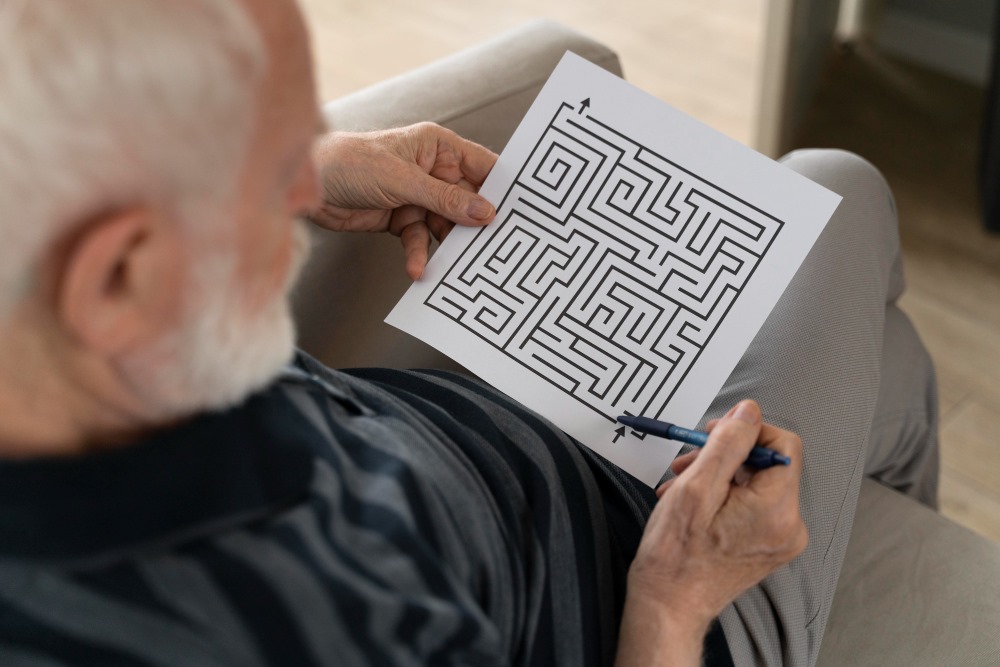In the realm of senior care, the possibility of an Alzheimer’s misdiagnosis is a concern that cannot be taken lightly. At From The Heart Home Care, we understand the gravity of such situations, and we are committed to providing you with the guidance and support needed to navigate through these challenging times.
Table of Contents
- Recognizing the Signs
- Seeking a Second Opinion
- Steps to Take
- Emotional Support for Families
- Moving Forward with Confidence
- Conclusion
Recognizing the Signs
Alzheimer’s disease is a progressive condition that affects memory, cognitive function, and daily activities. If you suspect a misdiagnosis, it is crucial to be vigilant and observant of subtle changes in your loved one’s behavior. These may include:
1. Memory Loss
Early signs often manifest as memory loss. Pay attention to instances where your loved one forgets recent conversations, important dates, or struggles to recall familiar faces.
2. Difficulty Performing Routine Tasks
An Alzheimer’s misdiagnosis may become apparent when your loved one faces challenges in performing routine tasks they once mastered effortlessly. This could range from forgetting how to cook a familiar meal to difficulty managing finances.
3. Communication Difficulties
Observe changes in communication patterns. Individuals with Alzheimer’s may struggle to find the right words, repeat themselves frequently, or have difficulty following and joining in on conversations.
Seeking a Second Opinion
In the face of doubt, seeking a second medical opinion is a proactive step that can provide clarity and peace of mind. We recommend consulting with a specialist who has extensive experience in neurodegenerative disorders.
Learn More: Parts of the Brain Affected by Alzheimer’s Disease
Steps to Take
1. Compile Medical Records
Gather all relevant medical records, including previous diagnoses and test results. Having a comprehensive overview of your loved one’s health history will aid the consulting physician in making a more accurate assessment.
2. Schedule a Comprehensive Evaluation
Arrange for a thorough evaluation by a specialist. This may involve cognitive tests, brain imaging, and a detailed medical history review. A comprehensive assessment will help identify any discrepancies or confirm the initial diagnosis.
3. Consult with a Neurologist
Given the complexity of Alzheimer’s and related conditions, consulting with a neurologist is paramount. Neurologists specialize in disorders of the nervous system and can provide a nuanced understanding of your loved one’s cognitive health.
Emotional Support for Families
Navigating the uncertainties surrounding a potential Alzheimer’s misdiagnosis can be emotionally taxing for families. At From The Heart Home Care, we not only prioritize the physical well-being of our clients but also understand the importance of emotional support.
Learn More: Understanding the Symptoms and Stages of Alzheimer Disease
Moving Forward with Confidence
Once you have sought a second opinion and received a more accurate diagnosis, it’s time to move forward with a renewed sense of confidence. Whether the initial diagnosis was accurate or there was indeed a misdiagnosis, having clarity allows you to make informed decisions about the best course of action for your loved one’s care.
Conclusion
In times of uncertainty, it is essential to be proactive and advocate for your loved one’s health. Recognizing the signs, seeking a second opinion, and taking decisive steps can make a significant difference in ensuring the well-being of individuals facing the challenges of Alzheimer’s or related conditions.







